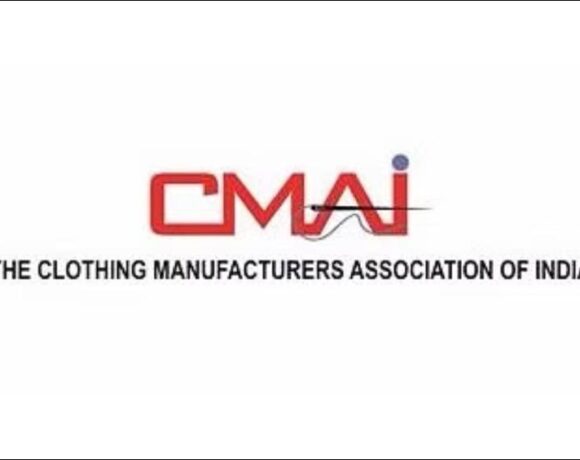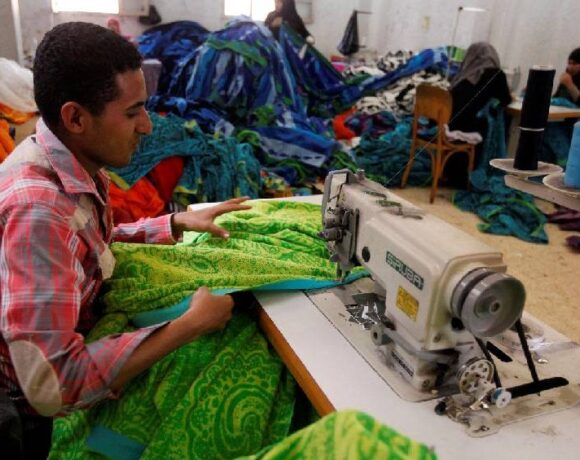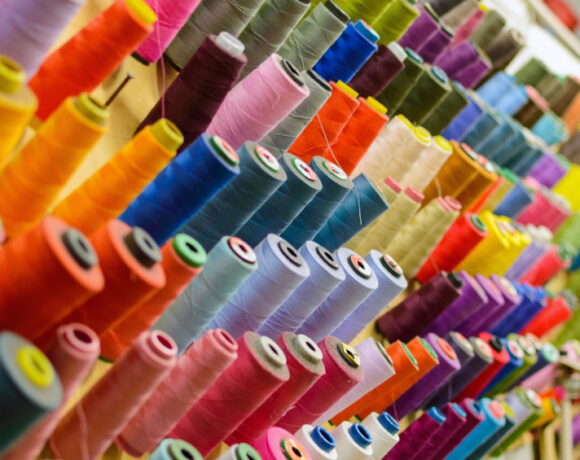ITTA Urges Support For Technical Textiles From Ministry Of Textiles

The Indian Technical Textile Association (ITTA) recently met with the Union Minister of Textiles, Government of India, Giriraj Singh, in Delhi. The meeting addressed key opportunities and challenges within the Indian technical textile industry and presented several recommendations for its growth.
One major challenge discussed was the availability of basic raw materials, particularly high-tech fibres and chemicals. ITTA highlighted the need for capacity building in the upstream sector and policy adjustments to counteract the negative impact of current Quality Control Orders (QCOs) on essential raw materials like Nylon 6.6, Meta and Para Aramids, and Ultra High Molecular Weight Polyethylene (UHMPE). The industry faces underdeveloped domestic capacity for specialty fibres compared to international standards.
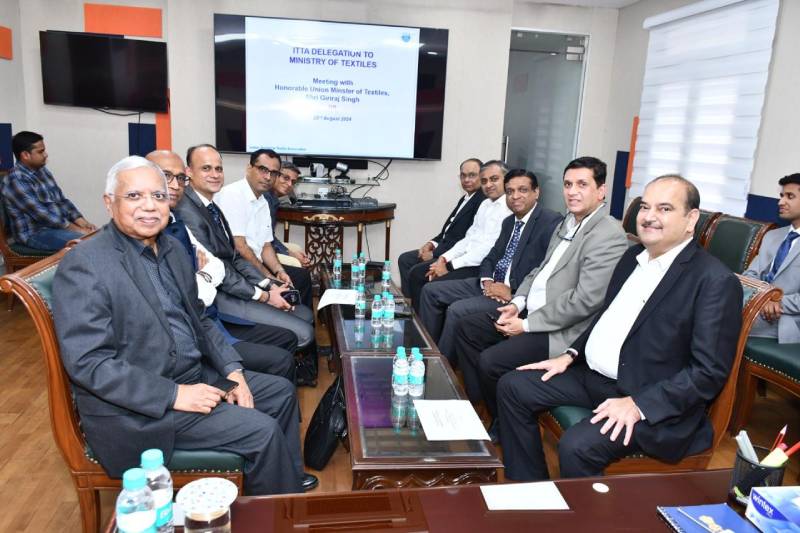
As short-term solutions, ITTA proposed reducing import duties on high-tech fibres and yarns, which currently include a basic customs duty of 5%, a cess of 0.5%, and GST of 18%, leading to landed costs of 23-26%. They also emphasized the need to address production gaps for various polyester fibres and filament variants crucial for the converting industry.
The discussion also covered mandatory procurement and brand promotion strategies. ITTA urged for increased domestic consumption through mandatory procurement by government departments, PSUs and state governments in key sectors like infrastructure, defence and health. Additionally, they called for active promotion of Indian technical textiles at major international and domestic events, advocating for dedicated funds and a specialized agency to drive this effort.
The meeting also touched on per-capita consumption and glass fibres. ITTA noted that India’s per capita consumption of technical textiles is low compared to international standards and recommended implementing mandatory usage in specific applications. They also suggested setting a minimum import price for glass fibres to address price parity issues and combat low-quality imports.
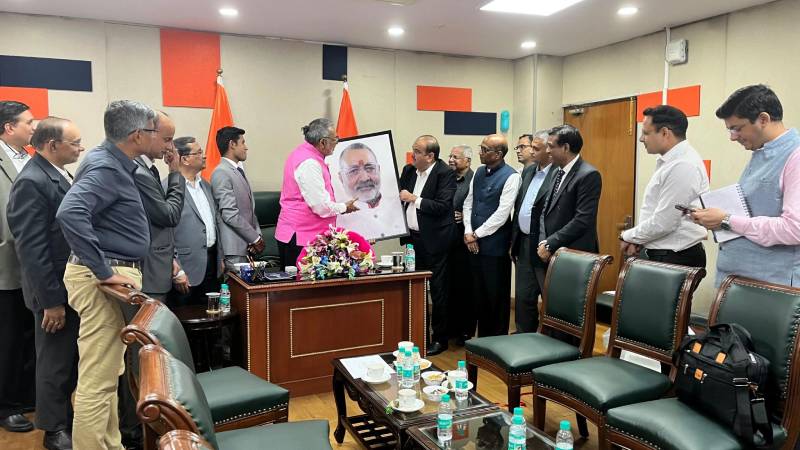
Finally, ITTA addressed challenges in accessing funds under the Technology Upgradation Fund Scheme (TUFS) and requested resolution of these issues to support industry growth. Giriraj Singh expressed his commitment to supporting the technical textile industry, and ITTA assured him of their dedication to transforming the sector into a US$ 50 billion industry by 2030.
The meeting was a significant step in aligning industry needs with governmental support, paving the way for future advancements in the Indian technical textile sector.


